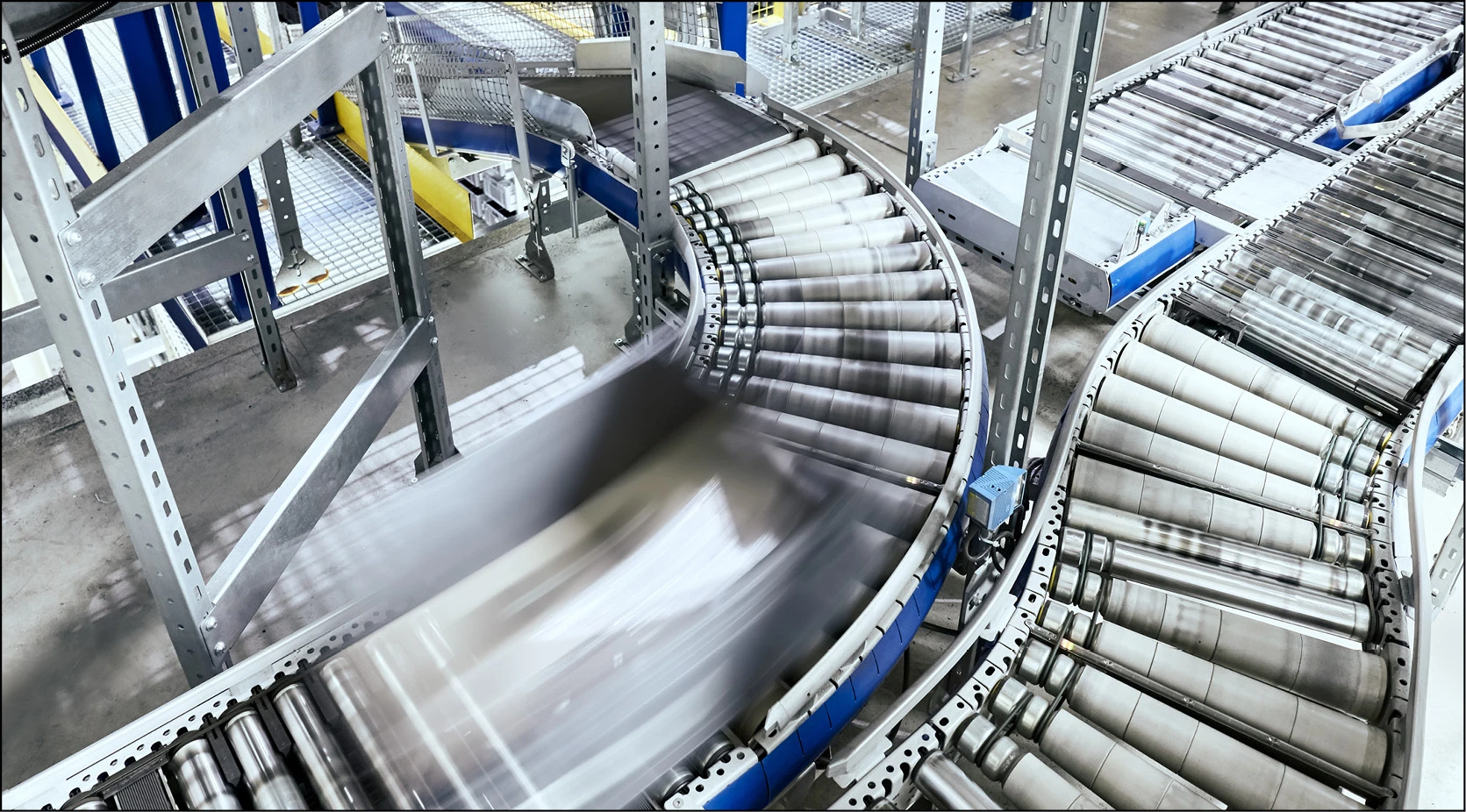Textile Exchange Conference 2025: Insights from Lisbon That Will Shape the Future of Fashion

Over 1,600 industry leaders converged in Lisbon this week for the 2025 Textile Exchange Conference (October 13-17). After a challenging year for many, attendees left energized by a palpable shift in momentum, particularly around improved data quality for nature impacts and breakthroughs in textile-to-textile recycling. The message was clear: incremental change is no longer enough, but the industry now has the tools and collaborative spirit to drive systemic transformation.
5 Key Takeaways That Will Transform Your Approach
1. From Preferred Materials to Preferred Production Systems
The industry is shifting from preferred materials to holistic production systems, an outcomes-driven approach recognizing the interconnectivity of climate, nature, people, animals, and governance impacts. Rather than rigid material classifications, the focus is on clear pathways toward resilient, regenerative, and circular production. Hotspot analysis emerged as the critical entry point, enabling companies to identify where fashion’s footprint overlaps with the world’s most critical ecosystems and prioritize efforts accordingly.
2. Economic and Environmental Models Must Align—Recycling Shows the Way
Textile-to-textile recycling emerged as a watershed moment. New large-scale recycling plants across Europe are ready to mine waste instead of natural resources, turning waste into economic value. But as Patrik Frisk (CEO of Reju) and Peter Majeranowski (CEO of Circ) emphasized, technological innovation alone isn’t enough, it needs upstream innovation, smart policies, and efficient collection ecosystems. Real systemic change requires stepping out of comfort zones, embracing new business models, and celebrating small wins along the way.
3. Reach Decision-Makers Beyond the Sustainability Team
Stanford’s Tariq Fancy delivered a powerful challenge: real progress requires “boring but brilliant” ideas that increase efficiency in supply chain logistics, resource capacity, and waste reduction. The arguments must make business sense and speak to operations and finance teams in their language. Success demands identifying internal champions, tailoring communication to different stakeholders, and understanding the unique KPIs of legal, finance, and marketing teams. Cross-functional engagement transforms sustainability from a cost center to a value driver.
4. Regulation is Rising—Engage, Adapt, and Lead
The textile sector faces tighter regulation, particularly within the EU. While simplification efforts aim to reduce burdens, they introduce new uncertainty. Proactive policy engagement through forums like Textile Exchange’s Policy Hub, close monitoring of legislative developments, and advocacy for circular systems are essential. Recycled content is critical, but it must combine with sustainably sourced materials to reduce pressures from production and consumption. Companies that lead rather than react will navigate this transition more effectively.
5. Shared Investment and Equitable Models at Tier 4
Economic barriers – high upfront costs, uneven risk, and limited access to finance – are slowing the transition to preferred production systems. Collective financial responsibility through long-term contracts, blended finance, and shared investment models is vital. Equitable models must account for everyone in the system: farmers changing practices, waste collectors fueling recycling innovation, and all stakeholders at Tier 4. Shared investment in data collection provides crucial evidence that this shift is beneficial long-term, building resilient landscapes and ensuring those closest to the ground drive decision-making.
Moving Forward Together
Jonathan Hall from Kantar reinforced that 67% of people still believe environmentalism is extremely important due to the increasing frequency, intensity, and proximity of climate change impacts. The conference leadership reflected on a growing sense of momentum and strong desire for collective action, proof that meaningful breakthroughs don’t wait for perfect conditions but start with people willing to act despite the gaps.
The transformation is already underway. The question is: are you ready to step out of your comfort zone and be part of it?
Ready to turn these insights into action? The shift to preferred production systems demands robust supply chain visibility and traceability infrastructure. At Inspectorio, we help brands and manufacturers build the transparency needed to measure impact, meet regulatory requirements, and drive meaningful change at scale.




